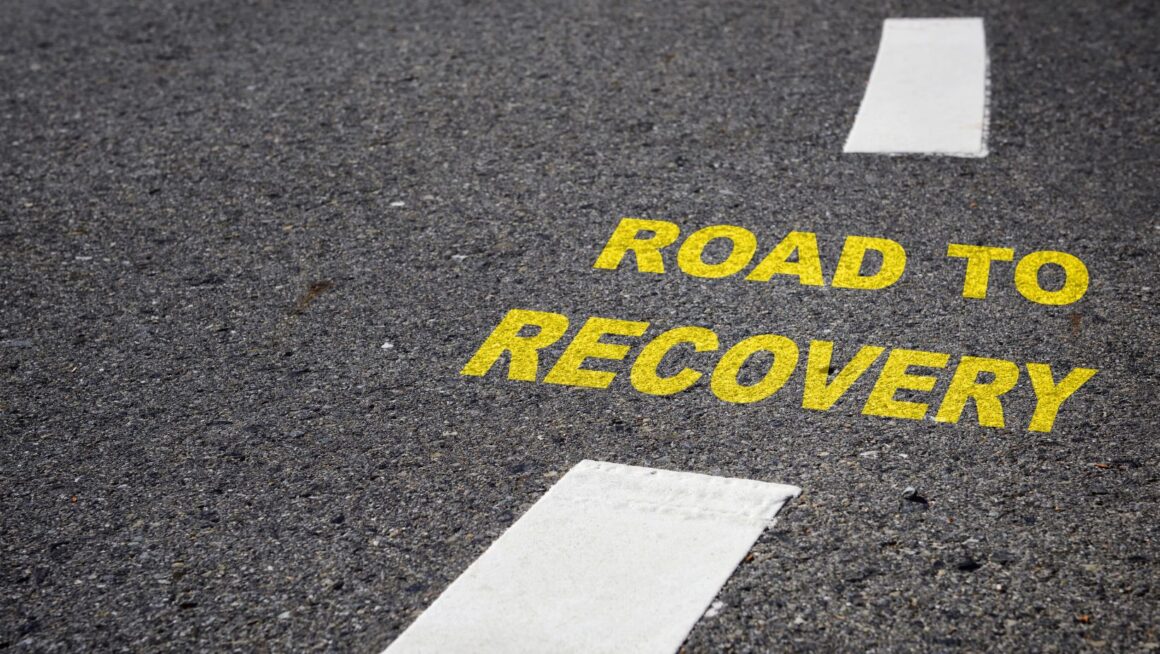Here is the quiet truth about recovery that rarely makes the brochure: the hardest part is not always the cravings or the therapy or the paperwork. It is the looks. The whispers. The moment someone leans back in their chair when the word addiction enters the room. Recovery is work; stigma makes it heavier. And if that sounds familiar, it is because many of us have seen it up close—some of us from the inside.
What Stigma Really Does
Stigma is not just name‑calling. It is a fog that hangs over everything—jobs, housing, family conversations, even the intake forms at a clinic. It shows up in three layers: what other people believe about addiction and mental illness, what systems do with those beliefs, and what a person starts to believe about themselves. Public attitudes can be harsh, policies can be colder, and self‑stigma can be the most punishing of all.
And here is the kicker: even as research keeps showing addiction is a chronic, treatable brain disorder, judgment still sticks. People are told to try harder, to have more willpower, to stop “choosing” it. That message burrows in. It can make someone skip an appointment, lie to a doctor, or stay home when they most need support. Stigma does not just hurt feelings—it changes outcomes.
When Mental Health And Substance Use Collide
Addiction rarely travels alone. Anxiety, depression, PTSD—these are regular companions, not rare exceptions. Sometimes mental health symptoms make substances feel like relief; sometimes substance use stirs up symptoms that were quiet. Either way, stigma compounds the struggle. Two problems become one tangle, and the person inside it starts to feel less like a person and more like a problem.
If you have ever watched someone flinch before saying the words I need help, you know how stigma slows down recovery. You also know how fast momentum returns when a clinician says, without blinking, we treat both here. Integrated care matters. So does tone. People remember whether they felt seen, especially when receiving compassionate mental health and addiction care.
How Stigma Disrupts Treatment And Recovery
Recovery requires honesty, consistency, and connection. Stigma cuts those threads. It pushes people toward secrecy, which invites shame, which fuels relapse. It narrows choices: fewer landlords willing to rent, fewer employers willing to interview, fewer providers trained in trauma‑informed, nonjudgmental care. Even well‑meaning systems carry bias—policies that punish instead of support, language that dehumanizes, workflows that treat relapse like failure instead of information. Access to quality substance abuse treatment becomes limited, making it even harder for people to find the help they desperately need.
The result is predictable and unfair: people wait longer to get care, drop out earlier, and return later in worse shape. Not because they are hopeless, but because the road was booby‑trapped.
A Small Detour From This Morning
On the bus today, a man in paint‑splattered boots told the driver he had “seven months clean” and the driver said, without ceremony, proud of you, man. The whole bus went quiet in the best way. It was small. It mattered. We underplay how powerful these little social repairs can be.
What Actually Helps
Language changes things. Person with a substance use disorder lands differently than addict. It signals dignity. It also nudges the speaker to think clinically instead of morally. Clinics that train staff on stigma reduction see better engagement. Communities that pair treatment with housing and employment support see better stability. Families that learn to set boundaries and stay connected reduce shame while increasing safety.

There is also the simple power of safe rooms. Peer groups, recovery meetings, therapy sessions where people do not brace for judgment—these spaces tell the nervous system it can finally exhale. Add skills and structure—CBT for unhelpful thoughts, mindfulness for urges, medications for cravings or mood—and recovery becomes less about white‑knuckling and more about building a life that works.
A brief Tangent About Pop Culture
We should admit television has not helped. For years, addiction on screen was either a punchline or a cautionary corpse. Things are improving—more shows now portray recovery like an actual process with paperwork, rides, relapses, awkward apologies, and quiet Tuesdays—but we still need fewer caricatures and more truth. If we can normalize messy, we can normalize healing.
Family And Friends Are Part Of The System
It is hard to love someone through addiction. It is harder if the family has absorbed the same myths as the world. The shift is subtle: from why can’t you stop to what helps you stop. From you ruined everything to I will not fund your use, and I will show up for your recovery. Boundaries are not punishments; they are railings on a steep staircase. And families need support, too—education, groups, therapists who understand codependency and grief and the long arc of change. Families can also benefit from family therapy outpatient to learn, practice, and heal together.
What We Can Do Right Now
We can start small and local. Change a word. Correct a joke. Ask a clinic if they offer integrated care. Vote for policies that fund treatment instead of only jails. Hire someone in recovery and judge them by their work. If you are in recovery, consider telling your story where it feels safe—it will not fix stigma, but it dents it. And dents add up.
A Mild Overgeneralization, Because It Is Mostly True
People do not hate addiction as much as they hate feeling helpless around it. Give them a path to be useful—how to respond, where to refer, what to say—and watch the temperature drop.
If You Are The One Carrying This
Please hear this like a hand on your shoulder. You are not your worst day. You are not your diagnosis, your charge sheet, your discharge note, or your relapse. Recovery is maddening and beautiful and boring. Some days you sprint; some days you crawl; some days you just do not use. That counts. You deserve care that treats your mental health and your substance use without shame. We can do both. We should.
One Last, Imperfect Note
Stigma is sticky, but it is not permanent. Culture shifts. Policies get rewritten. Families learn new scripts. And people—people get well. Not in a straight line, not with a montage and a swelling soundtrack, but with coffee, medication, therapy, texts from a sponsor, a good night’s sleep, and the occasional cry in a parked car. Progress over polish. Forward, even when it looks sideways.

